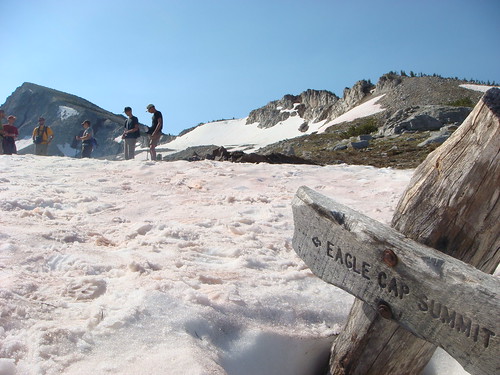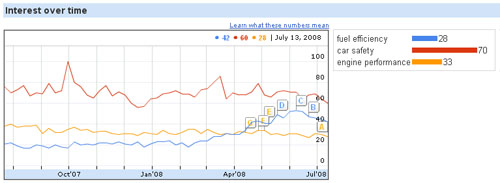
Tonight I decided to give Skydeck a try - it's one of those social utilities you probably haven't heard of but might really enjoy using. You connect it to your mobile phone company's website, and it scrapes your phone bills to build out a social network around your call and text information. From here you can see who your true contacts are ranked by the amount of time you spend communicating with them. It's on the growing list of social utilities that takes your every day behaviors and unlocks the social value, as well as  the deeper personal utility, behind the data. Think about how Xobni organizes your outlook info, how Last.FM leverages your music listening habits, and Mint organizes your financial data.
the deeper personal utility, behind the data. Think about how Xobni organizes your outlook info, how Last.FM leverages your music listening habits, and Mint organizes your financial data.
Skydeck has a lot of potential - it's sitting on very personal and very revealing information that speaks directly to how a majority of people do most of their communicating - their mobile phones. However, right now it's missing many of the features that would make it great. I'd like to see more data - for example, where are trends? I want to see minute and text usage per month, as well as per day, and per hour. I would love to see recommendations on how to improve my phone bill, such as "most of your calls are nights and weekends, lower your day-time calling", or "you consistently go over your txt message allocation". It needs to take a cue from Mint in terms of features.
Also, Skydeck highly touts its ability to connect with other social tools to merge with the rest of your important contact data beyond the phone number. However, it currently really only connects with desktop tools and Plaxo, which means it's more for the business class. The people I email with using Outlook are rarely the same people that I contact with my cell phone, so I need Skydeck to connect with Facebook, where most of my friends update a significant ammount of their contact information. It could also potentially work well with Linkedin, just as Xobni does.
All in all, I'm looking forward to seeing how Skydeck develops - if it can add more features and create more utility, it will be a killer application.




 the deeper personal utility, behind the data. Think about how
the deeper personal utility, behind the data. Think about how 


